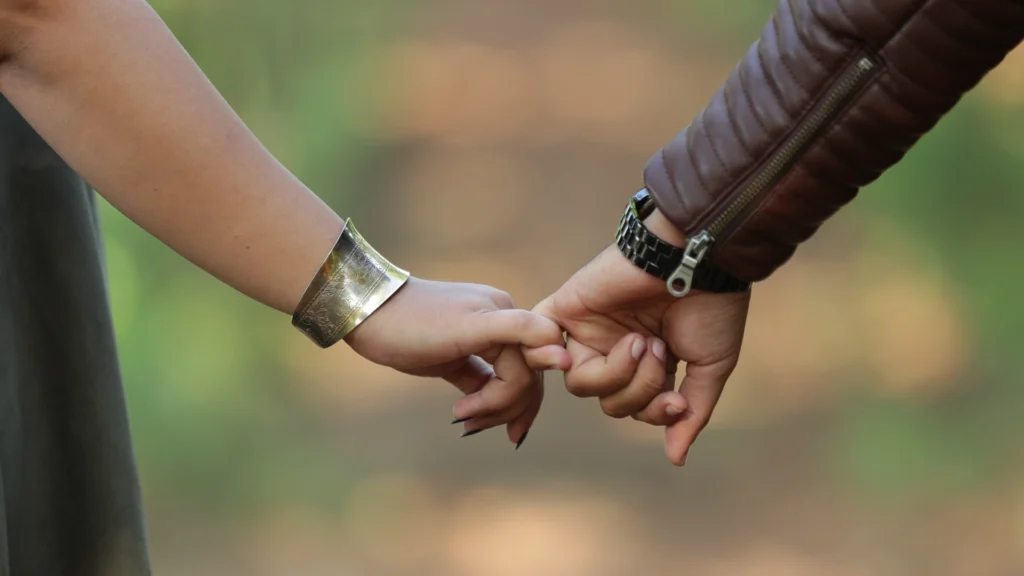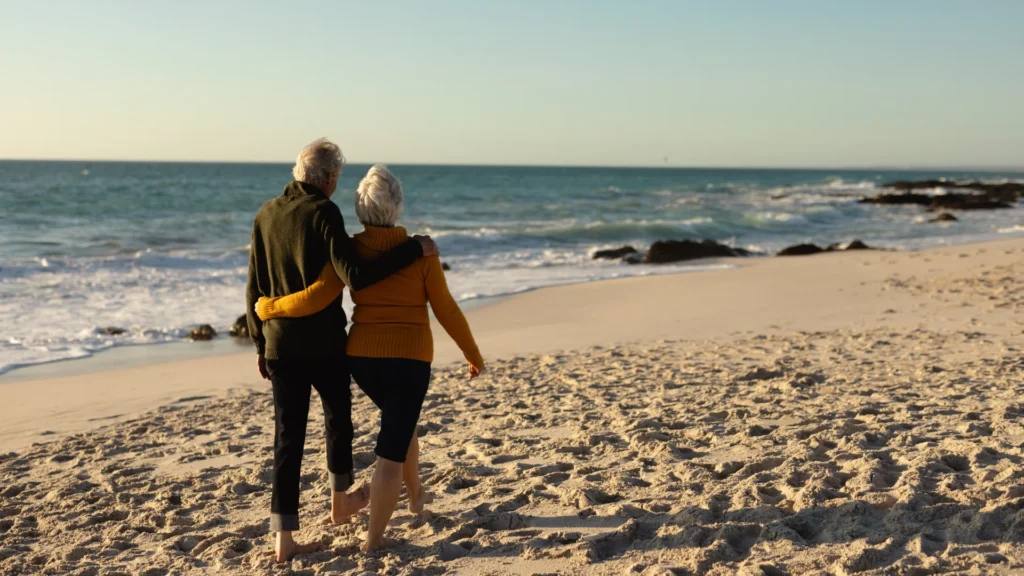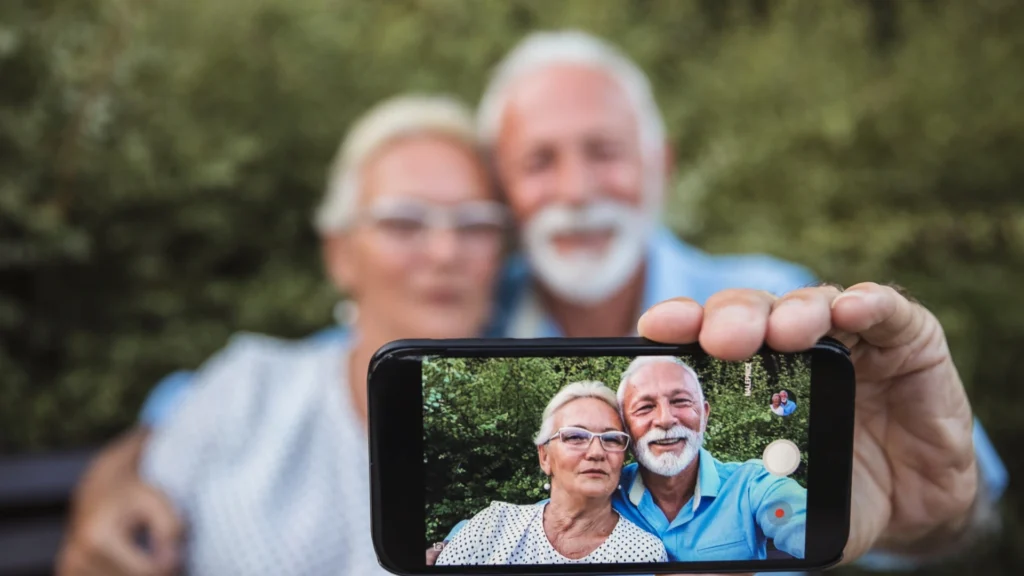
On February 17th, 2017, I found myself in the theater, watching Patriots Day starring Mahlberg. It was meant to be our “date night,” but Susan wasn’t feeling well. When I asked her about our plans, she suggested I go see a “guy flick” instead.
As I sat there, strange sensations rippled through my body, an unfamiliar discomfort I couldn’t quite place. Eventually, I rose from my seat and stood in the aisle, trying to shake off the odd feelings. Sensing something was truly amiss, I made my way to the lobby and dialed Susan. “I’m feeling really strange. I’m heading to the hospital to get checked out. Just wanted to let you know,” I informed her. The Eastside Medical Center was just a stone’s throw away, and by 9:00 PM, I was in the emergency room, awaiting examination.
After what seemed like an eternity, I was led to one of the small curtained rooms lining the hallway. An EKG was performed, and I anxiously awaited the results. Around 10:15 PM, amidst the hushed tones of the hospital, I recognized the familiar voice of my good friend Dan echoing from the lobby. “I’m his pastor,” he announced, before swiftly entering my room. It turned out Susan had reached out to him, prompting him to rush to my side. As we waited for news, we engaged in small talk, Dan’s calming presence a comfort in the uncertainty.

“Mr. Roberts, we don’t see any problems on the EKG. You’re free to go home,” came the eventual verdict from the medical staff. Relieved, I called Susan to reassure her. Yet, barely a moment after hanging up, I collapsed, my last breath slipping away. Dan sprang into action, urgently summoning the medical team. Only when they struggled to detect a pulse did the urgency escalate to a Code Blue situation.
Later, I would learn of the frantic efforts to revive me—six defibrillator shocks, chest compressions, and the insertion of a stent. Miraculously, they managed to restore a heartbeat, but I was placed in an induced coma for nine days as I recuperated in the ICU.
Three months later, against all odds, we embarked on a trip to Europe, exploring Ireland, England, and Scotland. Our journey included a joyous reunion with our son and his family in London, a testament to the preciousness of life and the power of love and connection.
Intimate relationships, community, and friendships aren’t just a luxury; they’re a necessity on life’s journey. We’re designed to be relational beings, a truth mirrored in the life of Jesus, who ministered within a close-knit community. In the months ahead, we’ll delve into this topic repeatedly, recognizing its paramount importance. It’s incumbent upon each of us to actively cultivate these connections as we navigate life’s path. Our identity and purpose find their richest expression within the context of intimate relationships.
I’m certain that if we were sitting together, listening to a speaker expound on this, we’d wholeheartedly agree. Indeed, the significance of intimate relationships cannot be overstated.

Yet, for many individuals in the latter half of life, such connections are elusive. There are myriad reasons for this, some of which may not be immediately apparent. In this new century, this poses a significant challenge—one that lies at the heart of why we’ve established FreeBird Central.
The fact that I survived a severe heart attack can be directly attributed to our unwavering dedication to nurturing deep connections within our intimate community. Our circle of friends isn’t just superficial; they truly know us inside out. For five decades, we’ve prioritized the intentional cultivation of these meaningful relationships. One powerful avenue has been our participation in a small group, where we gather regularly in the comfort of someone’s home.
In our quest for genuine companionship, we often pose a poignant question: “Do you have friends you could call at 4:00 AM and ask for help?” Fortunately, we count ourselves among the privileged few who can answer in the affirmative. Dan stands as a shining example of such a friend—someone we can trust implicitly, knowing he’d drop everything to aid us in our time of need. And reciprocally, we stand ready for those who might call on us in their hour of desperation.
In his book “Bowling Alone,” Putnam meticulously identifies and quantifies the shifts within our society since the 1950s. Through a lens encompassing social, political, financial, and cultural realms, among others, he illuminates how our capacity to form meaningful relationships has undergone a significant decline.
Reflecting on conversations over the years, it’s common to hear comparisons between our own upbringing and the experiences of our grandchildren today. Many reminisce about the freedom of roaming unsupervised for hours, returning home only at dinnertime—a hallmark of my own childhood in Virginia and later in Homestead, FL. It wasn’t unusual for my mother to receive a call from a concerned friend, reporting sightings of me where I shouldn’t have been. Back then, the local community thrived on interconnectedness fostered through various activities, clubs, religious institutions, political engagement, and relationships with local business owners.

Creating and nurturing relationships is undeniably crucial for our overall well-being and quality of life. While I once came across a research project suggesting that “we lose half our friends every 7 years,” I’m inclined to challenge this assertion, considering the variable of age. The dynamics of developing and sustaining friendships differ greatly between the early stages of life and the later years.
In my previous blog post, I outlined the Five Gates we traverse on life’s journey, each gate coinciding with a distinct season. Throughout these seasons, we encounter unique challenges in our quest to build meaningful communities. Undoubtedly, the latter stages of life present the most formidable obstacles in this regard. However, I contend that intimate relationships are absolutely indispensable, especially as we reach our 50s, 60s, 70s, and beyond.
In his book “The Different Drum,” M. Scott Peck underscores the critical importance of community for our personal growth and well-being. He defines true community as a space where we can be entirely transparent, where others accept us unconditionally for who we are. According to Peck, once we’ve experienced this authentic sense of community, we will forever seek it, recognizing its transformative power. This sense of belonging and connection can be found in various settings, whether on a sports team, in a military unit, or within a small group.
Experiencing true community is indeed life-changing, and Peck asserts that it is essential for each of us. Therefore, it becomes our responsibility not to settle for anything less. This profound insight serves as the driving force behind the creation and launch of FreeBird Central, FreeBird Communities, and the FreeBird Network. These initiatives are founded upon the recognition of our inherent need for community. By fostering genuine connections, lives are transformed, individuals are inspired to live out their purpose, and they find the support and emotional strength needed to effect meaningful change in the world.
If you’ve personally felt the profound impact of belonging to a true community, we extend a warm invitation to join our team at FreeBird Central. Conversely, if you’re feeling increasingly isolated due to circumstances beyond your control, we urge you to stay connected with FreeBird Central by joining our public Facebook group. Regardless of where you are on your journey, know that you are not alone, and there’s a supportive community waiting to welcome you with open arms.
